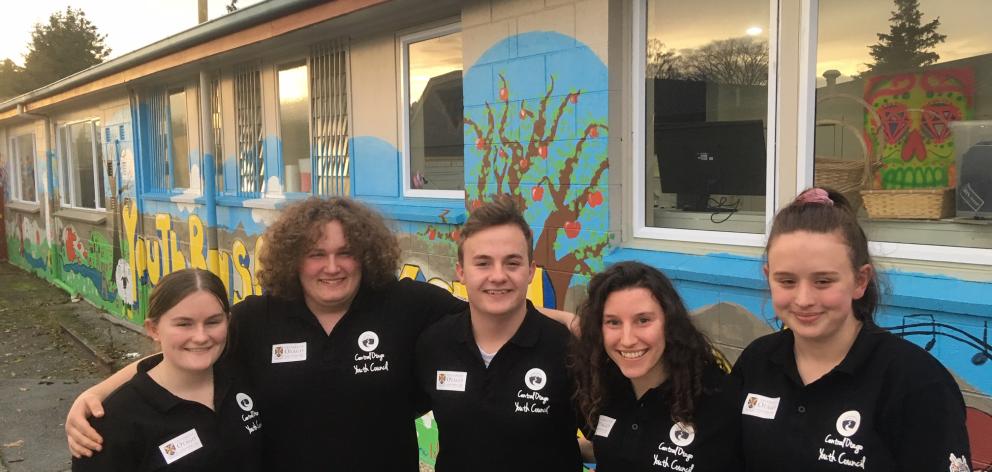
Alexandra's youth love living in a small town, but are showing increasing concern and awareness for the mental wellbeing of their peers, according to the latest Central Otago Youth Council survey.
The survey, which had about 100 respondents, aimed to get an overview of how youth felt their needs were being met in the community.
Youth council member Bri Scarfe (18) said the majority of youth who responded to the survey were enjoying the benefits a small town offered, including the fact they felt "safe'', but have become increasingly worried for their friends' mental health, including the risk of anxiety.
A multi-choice question asked respondents what concerns they had for their peers.
Of the estimated 100 respondents, 71% were concerned for the mental health of their friends, about 42% were concerned about their alcohol use and 32% were concerned about their drug use.
A further 25% said they were concerned about their friend's identity.
"That really stuck with me as that relates to all the above,'' Bri said, of the identity issue.
"If they don't drink, they [feel like] they don't belong. It's the entire feeling of trying to fit in and they feel like this is why we are having all these problems. We don't know who we are,'' she said.
Bri wanted to see more pathways developed to help youth understand "who [they] are as a human being''.
"We aren't being shown that.''
Instead, youth are falling "into different traps and we get stuck'', she said.
"That's why I thought "identity'' was interesting and it even came up [in the survey] because it's the underlying cause of why we are concerned with our friends. It's quite disheartening, really.''
Respondents were also asked if they had ever struggled with mental health, drinking too much, drug use, unsafe sexual encounters, pornography, self-harming, an eating disorder or anxiety.
Youth council member Caitlin Richards (17) said the top three answers were anxiety, mental health and eating disorders.
"Mental health comes up quite a bit throughout the whole survey,'' she said.
Caitlin hoped more would be done to help people support their friends in the future.
"People need to be educated. There needs to be a lot more [education available] on what to do when someone tells you they want to talk. It's a very vulnerable thing when someone tells you that.''
The growing trend among youth showing concern for their friends has also been recognised by Dunstan High School guidance counsellor Julie Williamson.
She said the number of pupils who were approaching her for support, either on their own or with a friend, had increased annually, over the past few years.
"Adolescents are really good at looking out for each other and not trying to keep things secret.''
In some cases, concerned friends will approach Mrs Williamson on their own for guidance on how they can support a friend.
"Students have become better and better every year. When there's a real safety concern they aren't holding on to it themselves.''
She said that could mean they pass their concerns on to her or another staff member, such as a home teacher.
"But that teacher will always take it to me if there's a safety issue.''
Teachers at the school are trained in Safe Talk, which was established in 2006 to help people determine when they should intervene.
The training allows the teacher to be a gatekeeper, she said.
"They are trained to listen and be alert to the signs of distress that might lead to self-harm, or that sort of thing.''
Mrs Williamson said pupils were definitely better at talking about their concerns than they used to be.
"Safety trumps all now. Children have learned that through recent tragedies. They know to speak up.''
Although some children were keen to keep their visit to the counsellor under wraps, others discussed it openly with their teacher.
"It's getting less stigmatised.''
ALEXIA.JOHNSTON @alliedpress.co.nz
Help at hand
Youthline 0800 376 633 txt 234 or talk@youthline.co.nz
What’s Up (for 5 to 18-year-olds; 1pm-11pm): 0800 942 8787
Kidsline (aimed at children up to age 14; 4pm-6pm weekdays): 0800 54 37 54 (0800 kidsline)
Rainbow youth (LGBTQ youth helpline): (09) 3764155
thelowdown.co.nz
sparx.org.nz
commonground.org.nz












